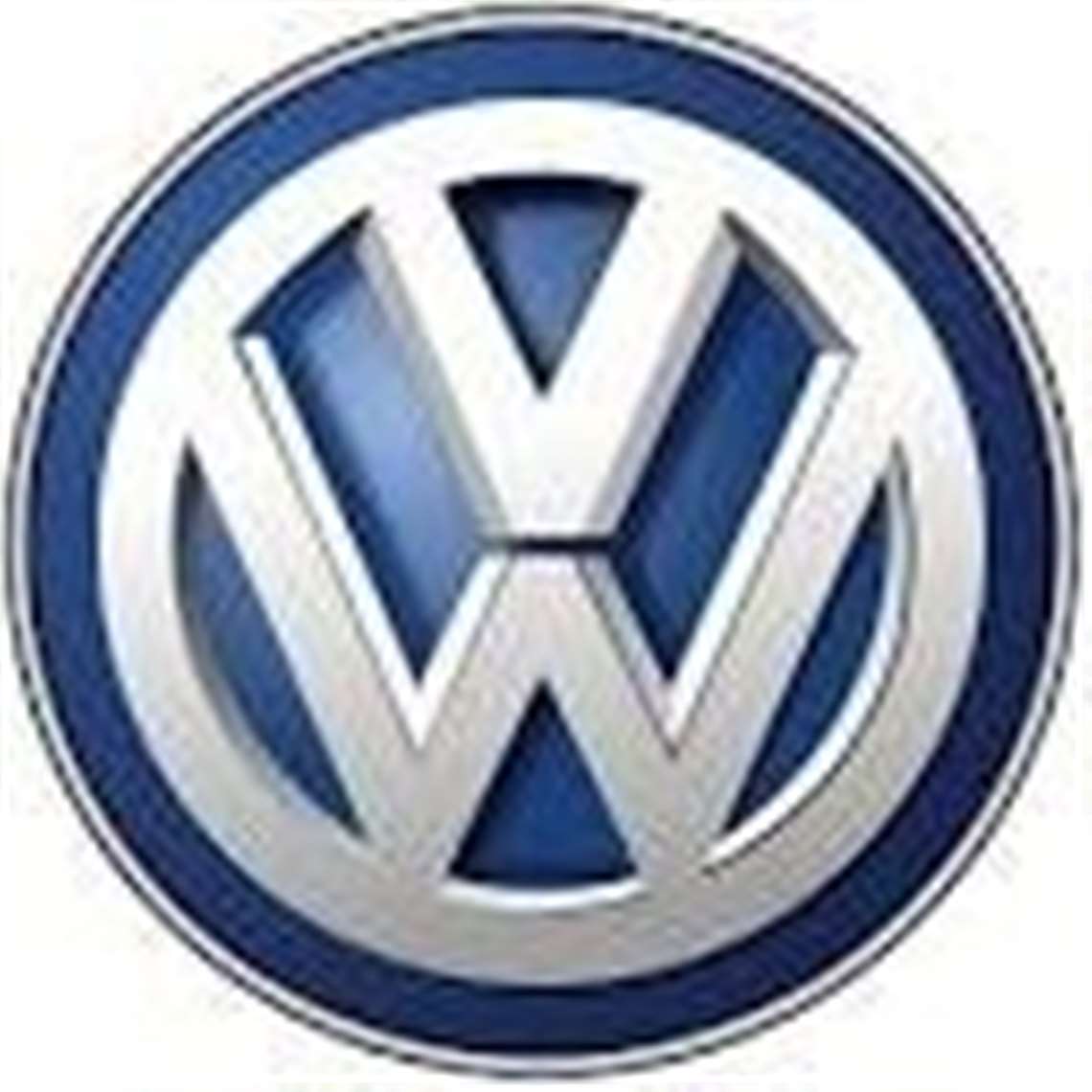Report: Germany To Randomly Test Diesel Cars?
15 February 2016

According to a report in the German newspaper Bild, the German government is planning to adopt a random testing program on diesel cars following the Volkswagen emissions scandal.
German Transport Minister Alexander Dobrindt told the newspaper that unannounced emissions tests would be carried out on all carmakers. “There will be controls on vehicles in the style of doping tests (for athletes),” Dobrindt said. “Unannounced and every year.”
According to the report, vehicles from car rental companies could be selected to carry out random tests, while the officials involved with checking on emissions will also be rotated frequently to ensure transparency.
A draft proposal on the new measures is expected to be presented to the Bundestag lower house of parliament this week. The bill will reportedly also call on the government to encourage motorists to switch to electric cars.
Volkswagen, Europe’s largest carmaker, admitted in September that it had cheated
Bild also reported that Martin Winterkorn, former Volkswagen CEO, was told millions of vehicles had cheated emissions tests more than a year before the scandal emerged. Winterkorn, who resigned shortly after the scandal broke, said he was unaware of the violations until shortly they became public.
But Bild published what it alleged were leaked details of internal company communications, including confidential report warning that millions of VW cars had been fitted with defeat devices designed to cheat emissions tests.
The internal report was written by Bernd Gottweis, a company troubleshooter, and handed to Winterkorn in May 2014, according to the newspaper. It warned that emissions-rigging software had enabled VW cars to hide nitrogen oxide emissions 35 higher than the legal limits.
“A sound explanation for the dramatically increased NOx emissions cannot be given to the authorities,” the internal report warned. “It can be assumed the authorities will investigate VW systems to determine whether VW has installed a test detection in the engine control unit software (a so-called 'defeat device’).”
The rigging software allowed VW cars to detect when they were being tested and temporarily reduce emissions. The leaked documents are among a number apparently being investigated by German prosecutors and
Winterkorn and VW have both declined to comment on the latest allegations, citing the ongoing investigation.
Volkswagen has announced that its annual general meeting and its earnings announcement, scheduled in April and May, will be delayed by four to six weeks.
STAY CONNECTED




Receive the information you need when you need it through our world-leading magazines, newsletters and daily briefings.
POWER SOURCING GUIDE
The trusted reference and buyer’s guide for 83 years
The original “desktop search engine,” guiding nearly 10,000 users in more than 90 countries it is the primary reference for specifications and details on all the components that go into engine systems.
Visit Now
CONNECT WITH THE TEAM









